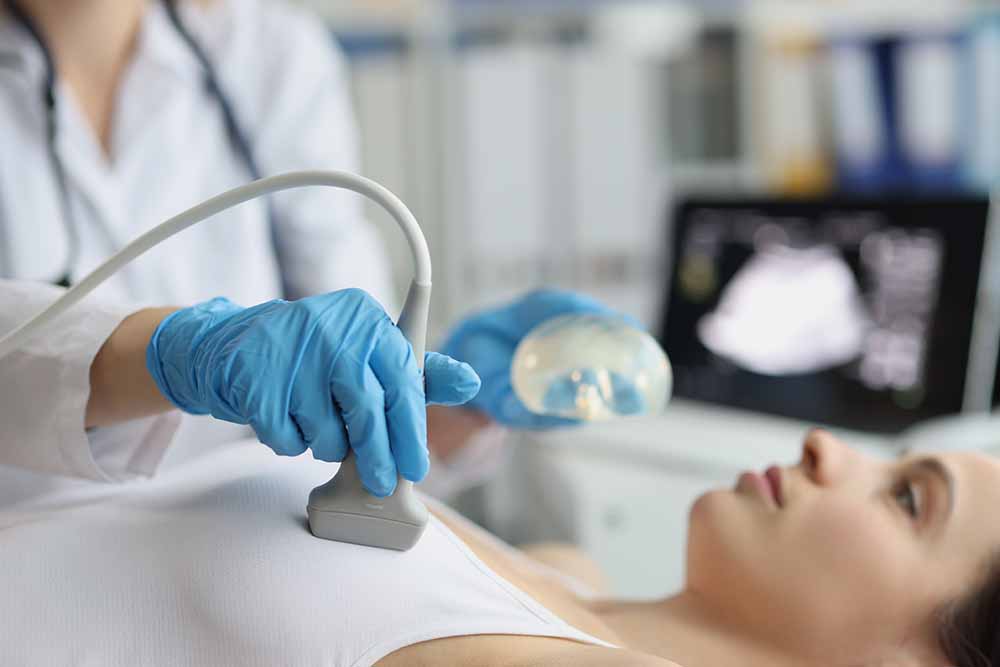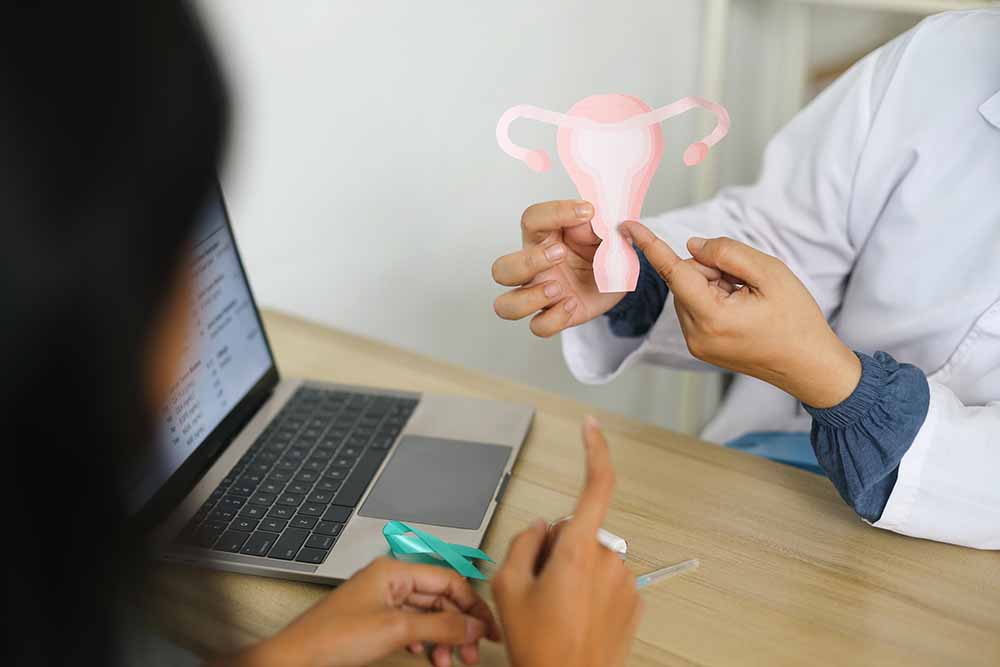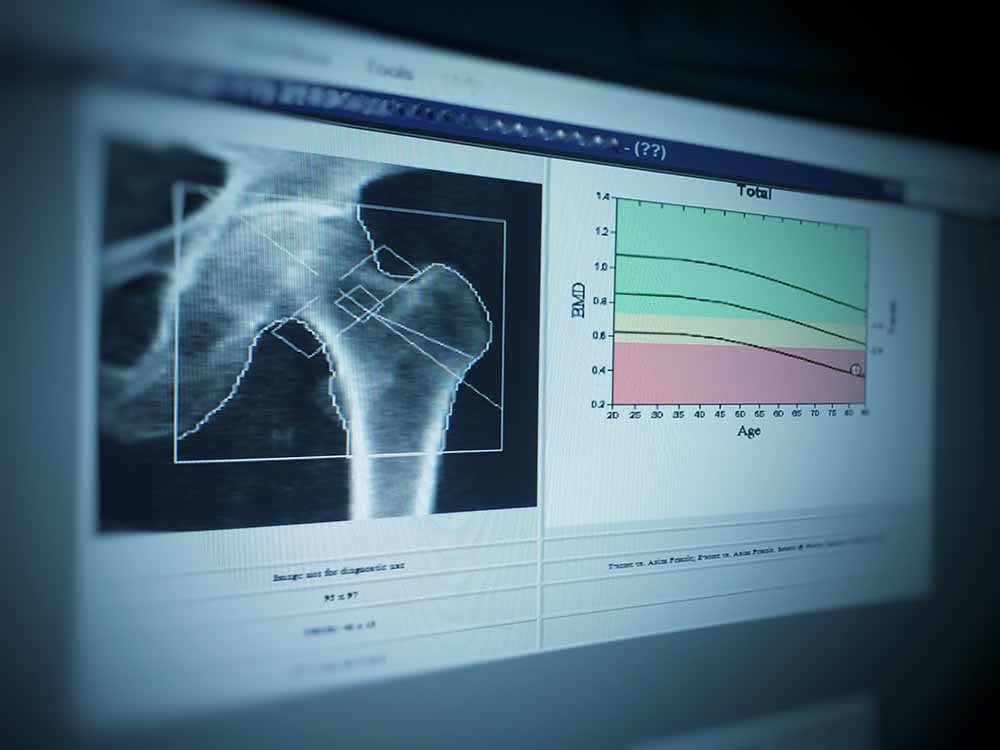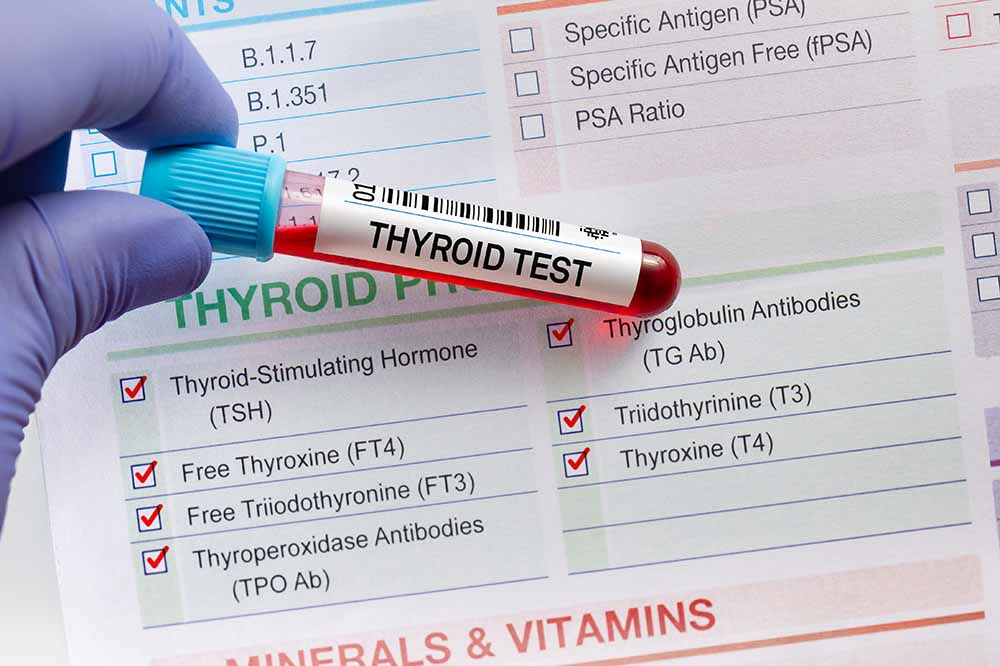When women experience unequal access to healthcare, it doesn’t just affect them individually. It erodes the overall foundation of society, as well as our workplaces and communities. In 2024, a survey by the World Economic Forum and McKinsey Health Institute revealed that on average, women spend 25 per cent more of their lives in poor health conditions, despite living longer than men. According to a research by Harvard University, the Indian Statistical Institute, the Prime Minister’s Economic Advisory Council, AIIMS, and the Indian Statistical Institute, only 37 per cent of women in India have access to high-quality healthcare, compared to 67 per cent of men.
It goes without saying that every woman should undergo an annual breast examination by a physician in addition to performing a regular self-breast examination once a month. It is recommended to use ultrasound to check for ovarian diseases such as endometriosis and cysts, as well as any uterine pathologies such as fibroids, polyps, and adenomyosis. If a woman is going through menopause, a DEXA scan or a bone mineral density scan can help to diagnose osteopenia early, before it progresses to osteoporosis.
Following are vital health examinations that women need to be aware of:

Breast Examination: Breast cancer is a major global health concern, with India being no exception. Every month, examine your own breasts to look for any unexpected changes or lumps in the tissue. It is crucial to schedule annual clinical breast exams in addition to routine breast self-examinations. For women over 40 years, mammograms are advised every one to two years, or earlier if there is a family history of breast cancer.

Cervical Cancer Awareness: Among Indian women, cervical cancer ranks as the second most common cause of death. It is essential to raise awareness and take preventative steps like immunisations. Cervical cancer risk can be considerably decreased with the use of a vaccination. Early immunisation can provide protection against the strains of HPV (human papillomavirus) that are most likely to cause cervical cancer, especially before exposure to HPV. To screen for signs of cervical cancer and other reproductive health disorders, women should get frequent Pap screenings and pelvic exams starting at age 21, or within three years after starting sexual activity. It is essential to include a Pap smear in your yearly physical examination for cervical cancer screening. It aids in the identification of malignant or precancerous cells.

Proactive Vaccination: It is advised that teenage boys and girls receive two doses of the cervical cancer vaccine to prevent cervical cancer. This guards against other cancers, including rectal tumors, in addition to preventing cervical cancer. Since the vaccination avoids the initial HPV infection, it works best when given before a person engages in sexual activity.
Abdomen And Pelvis Sonography: To identify ovarian malignancies early, yearly sonography of the abdomen and pelvis is advised. Early intervention can be life-saving. If you have a family history of ovarian cancer, exercise extra caution and get personalised advice and screening recommendations from a gynaecologist.
Uterine Health Check-up: Abnormal or haphazard bleeding may indicate uterine diseases such as fibroids, polyps, or even uterine cancer. Consult a doctor, if you notice any unusual bleeding patterns.
Polycystic Ovary Syndrome (PCOS): A considerable proportion of women suffer from this prevalent lifestyle disorder. To control and lessen PCOS symptoms, one must prioritise a healthy lifestyle that includes frequent exercise and a balanced diet.
Post-menopausal Bleeding: Any bleeding that occurs after menopause is abnormal and has to be checked up right away by a doctor. Bleeding after menopause may indicate endometrial cancer or other significant medical conditions.
Fertility Issues: Both male and female fertility may be impacted by the stress of contemporary living. Seeking advice and assistance from a gynaecologist early on can aid suitable investigations and therapies if you are having trouble conceiving.

Bone Density Screening: Osteoporosis is more common in women particularly after menopause. For women who are at risk or who are over 65 years, bone density screening is advised.

Thyroid Function Tests: Thyroid problems are more common in women. Frequent TSH (thyroid-stimulating hormone) testing can aid in the early detection of anomalies.
Being proactive about your reproductive health and getting regular checkups can help in early diagnosis and treatment of numerous diseases. Make it a point to consult with an expert on female health for personalised advice, and follow-up on any health-related issues you may have from time to time.
Image source: Indian Express, Modern Heart and Vacular